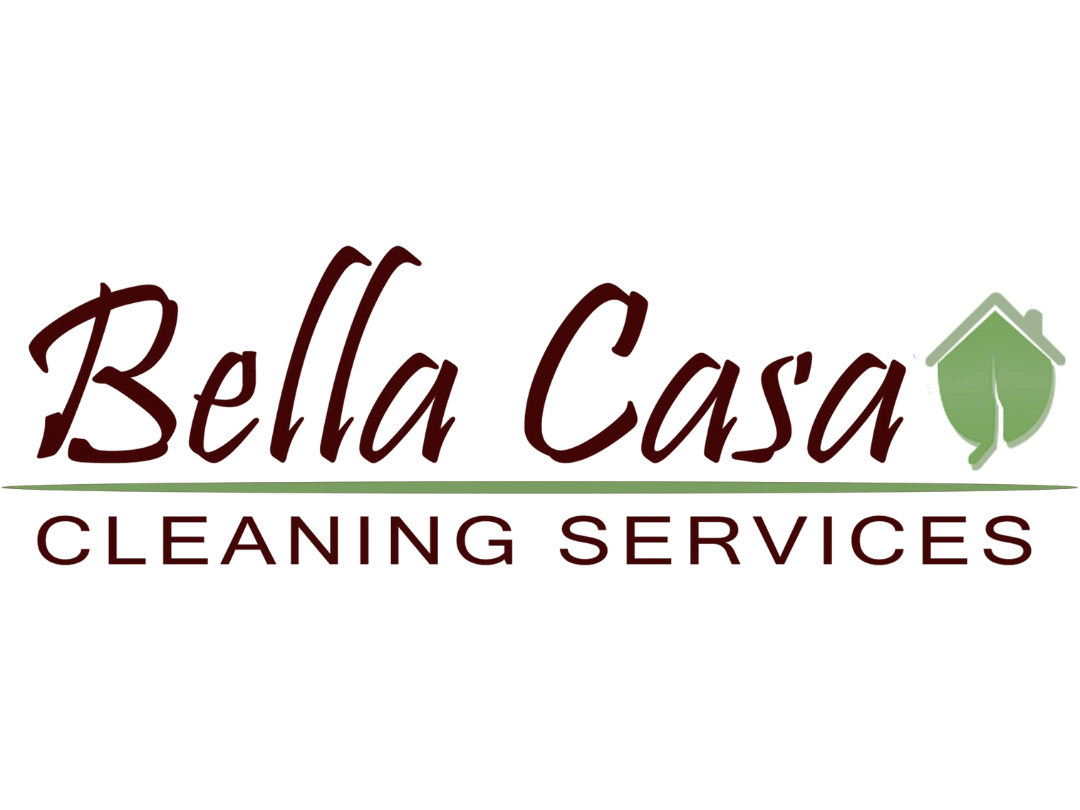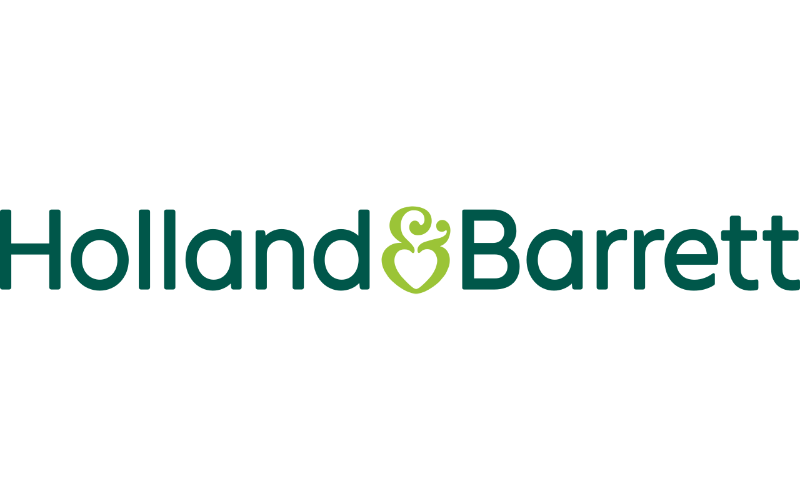
Protecting workers in the retail industry
Explore the essential safety features that help protect lone retail workers — from panic buttons to GPS tracking — supporting staff during late shifts, store openings, and closing times.
Protecting Workers in Retail

"As a driver delivering to our stores, you can sometimes encounter situations that can leave you feeling isolated. The SoloProtect solution gives us peace of mind that if a situation does arise, there is always someone there ready to escalate to the emergency services."
Read the case study
“From the first interaction with SoloProtect, they provided Bella Casa with a team of people who wanted to understand our needs and do the best possible job to meet those needs”
Read the case studyAre there lone workers in the retail sector?
It's crucial to bear in mind that in their daily duties, employees in the retail industry frequently find themselves handling various tasks independently, even when there are other colleagues or customers nearby. Examples of these solitary tasks include entering storage areas or stockrooms unaccompanied, arranging products on shelves, operating cash registers, opening or closing the store solo, making deliveries, overseeing dressing rooms, or providing coverage during lunch breaks. There are more instances of solitary work in the retail sector than you might initially realize.
How can personal safety devices help with retail security and loss prevention?
Personal safety devices, like panic buttons and wearable alarms, bolster retail security and loss prevention. They offer GPS tracking and a swift connection to our Monitoring Center in an emergency where operators will facilitate a quick escalation to the emergency services and any on-site security colleagues. Recording capabilities can be used for incident documentation and review, and employee confidence is boosted which positively affects customer service.
Which retail job roles are most high risk?
Generally, retail roles which are the highest risk of abuse, violence and aggression are customer-facing staff, such as cashiers, face-to-face customer services and security personnel, those who handle cash, and night shift workers. Drivers delivering high value items and workers who sell goods such as pharmaceuticals and alcohol can also be subject to attacks. All of these are much higher risk if working alone.
Our Resources
.jpg)
.jpg)















.svg)
.svg)

.svg)
.svg)
.svg)
.svg)
.svg)





